”You come into my house on the day my daughter is to
be married and you ask me to do murder, for money“
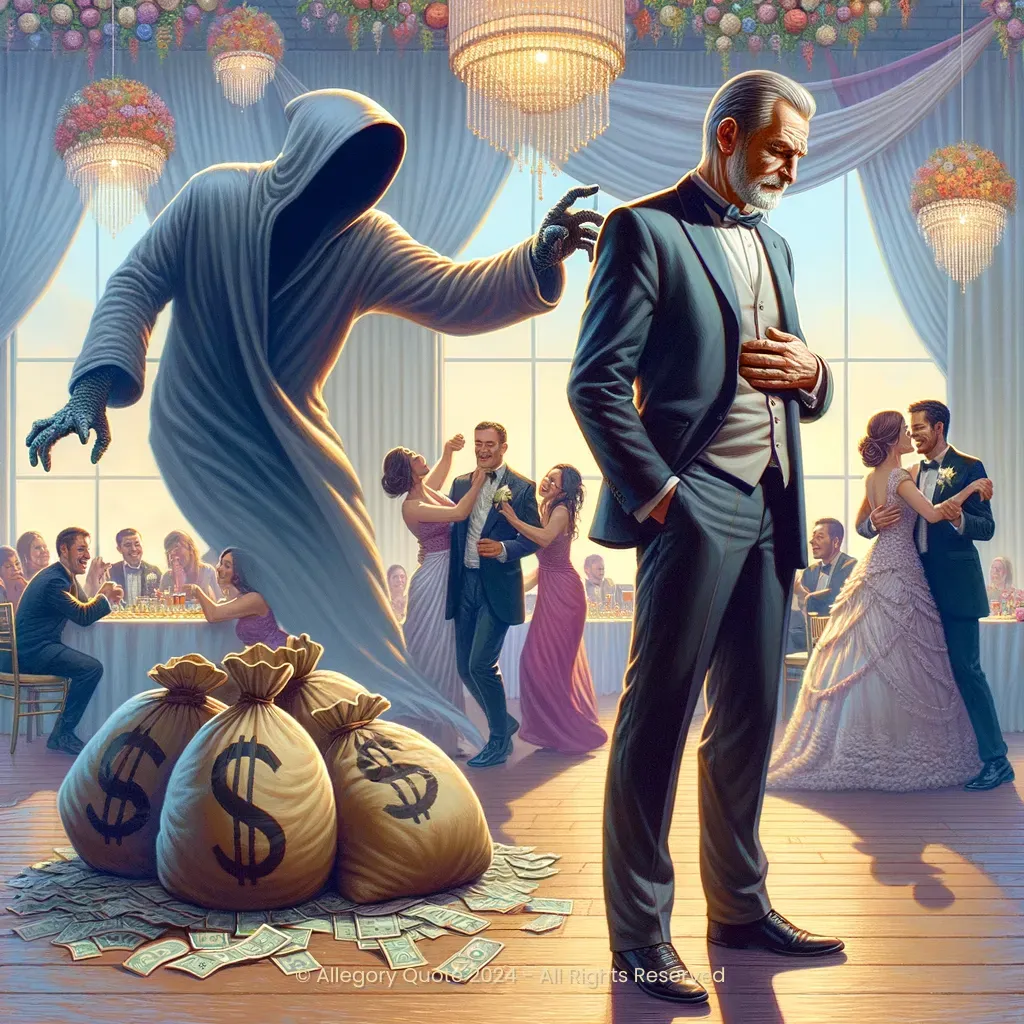
- Meaning
- The phrase showcases a deep conflict between personal loyalty and unethical demands. It highlights the emotional turmoil of being torn between familial love and darker, morally ambiguous requests that challenge one's integrity.
- Allegory
- The image elements include the contrasting scenes of joy and conflict—the wedding setting symbolizes love and family ties, while the shadowy figure represents external pressure and the temptation of corruption. The father’s expression conveys the emotional struggle of choosing between familial duty and unethical requests, encapsulating the phrase's essence.
- Applicability
- This phrase can be applied in situations where one might feel pressured to compromise personal ethics for financial gain or under undue influence from others, reminding us to prioritize our values and the welfare of our loved ones over greed.
- Impact
- The impact of this phrase lies in its iconic status in popular culture, symbolizing the conflict between loyalty to family and the moral implications of one’s choices. It has ignited discussions around ethics, family dynamics, and power.
- Historical Context
- The phrase originated in the early 1970s with the publication of Puzo's novel "The Godfather" in 1969, and its subsequent film adaptation in 1972.
- Criticisms
- Critics argue that the phrase normalizes the idea of using violence for resolution and may contribute to a romanticized view of criminality. Some may view it as oversimplifying complex moral dilemmas.
- Variations
- Variations of this phrase highlight different cultural interpretations of loyalty and sacrifice, such as in Eastern philosophies where familial loyalty is paramount, but may also view demands of material gain negatively.
-

What’s the matter with you? Is this how you turned out? A Hollywood finocchio that cries like a woman?
-
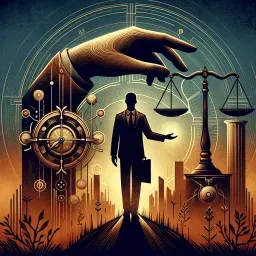
Some day, and that day may never come, I will call upon you to do a service for me.
-

Fredo, you’re my older brother and I love you. But don’t ever take sides with anyone against the family again.
-

Don’t ever take sides with anyone against the family.
-
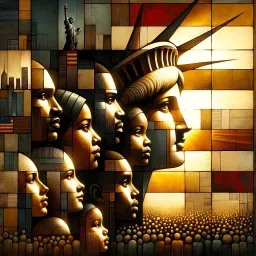
I believe in America. America has made my fortune.
-

I have a sentimental weakness for my children, and I spoil them, as you can see.
-
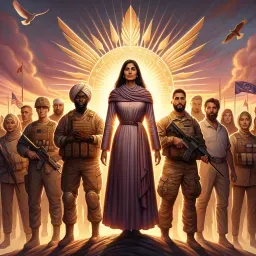
I trust these men with my life, Senator. To ask them to leave would be an insult.
-
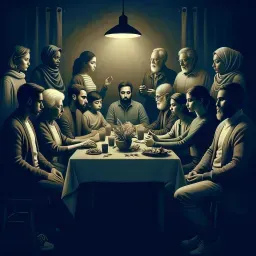
Never tell anybody outside the family what you’re thinking again.
-
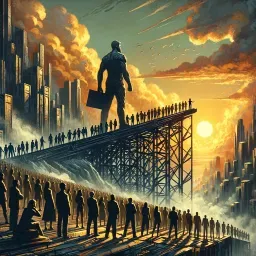
Michael, we're bigger than U.S. Steel.
-

You talk about vengeance. Is vengeance going to bring your son back to you?
-

I know it was you, Fredo. You broke my heart.
-
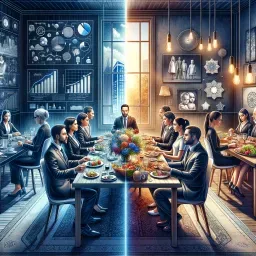
It's not personal, Sonny. It's strictly business.
No Comments